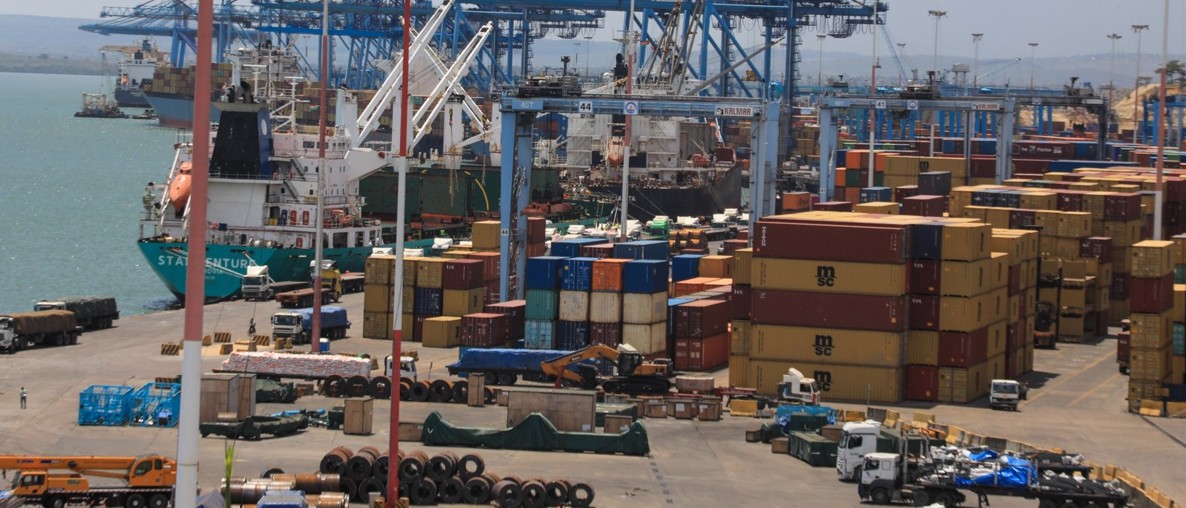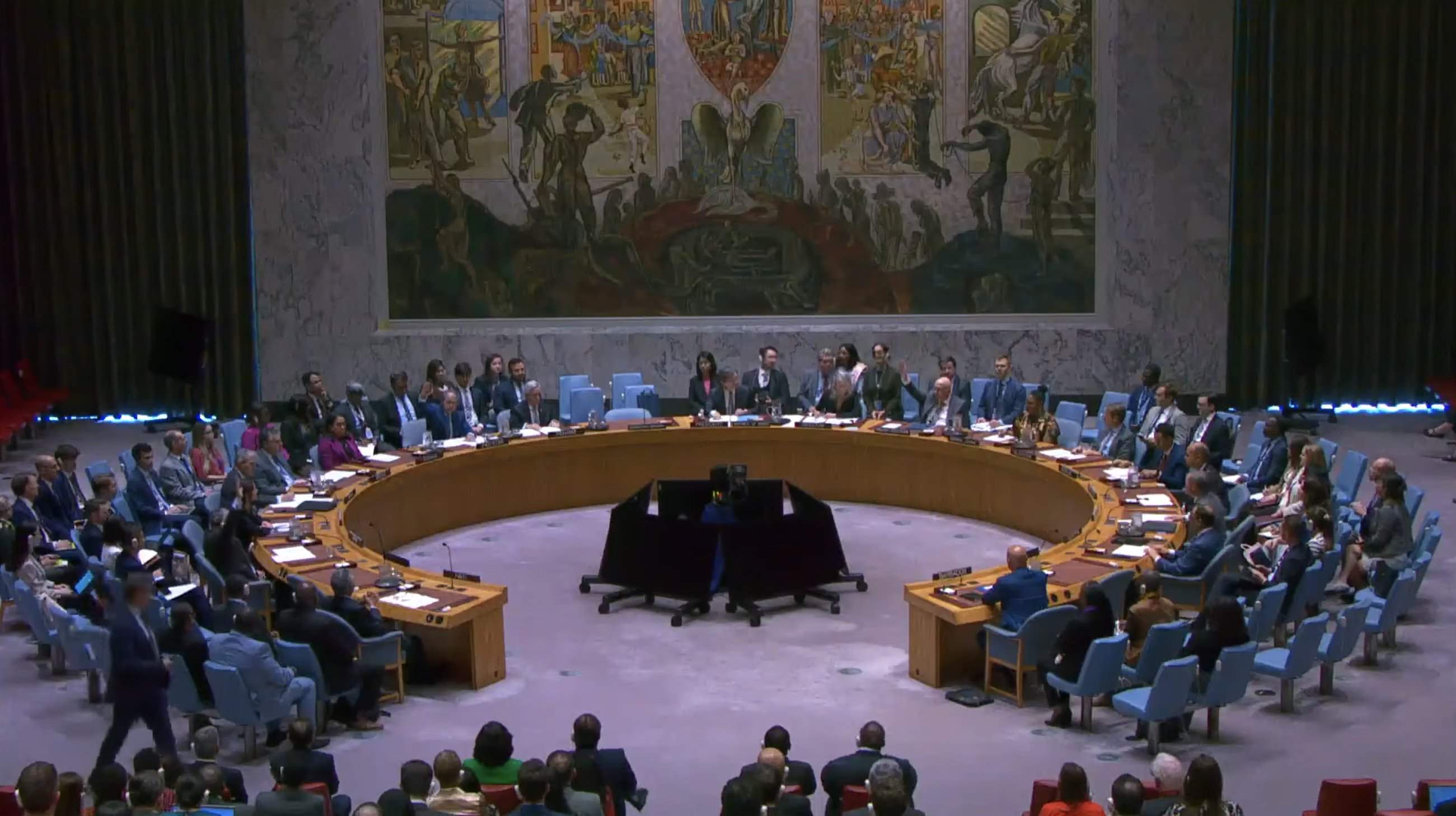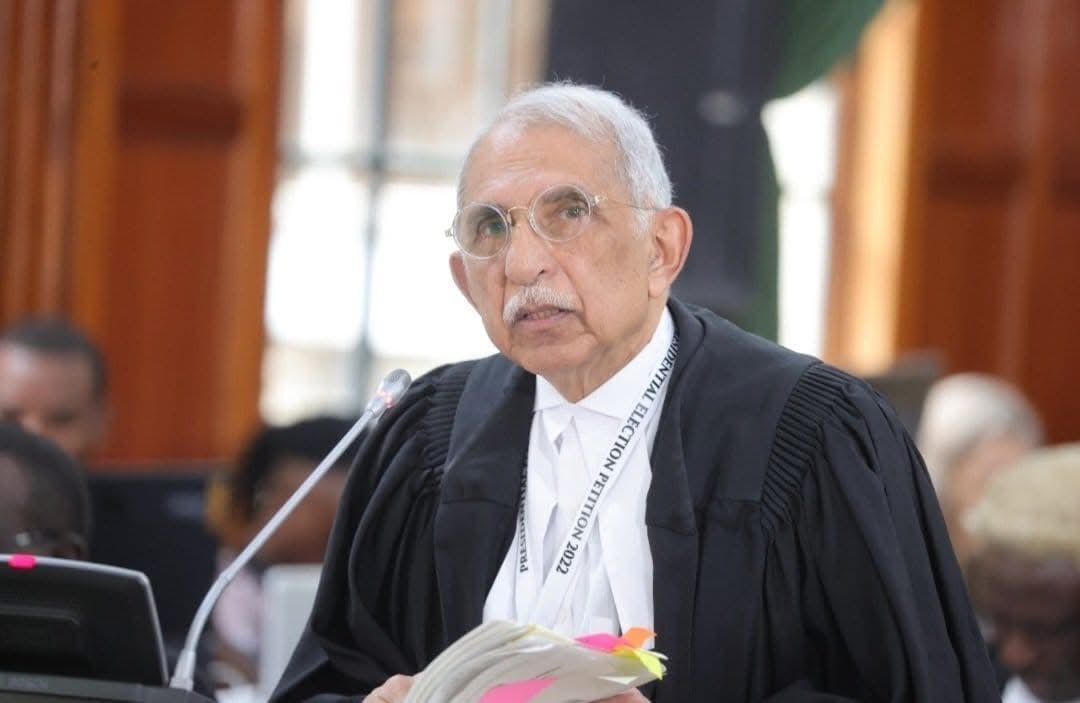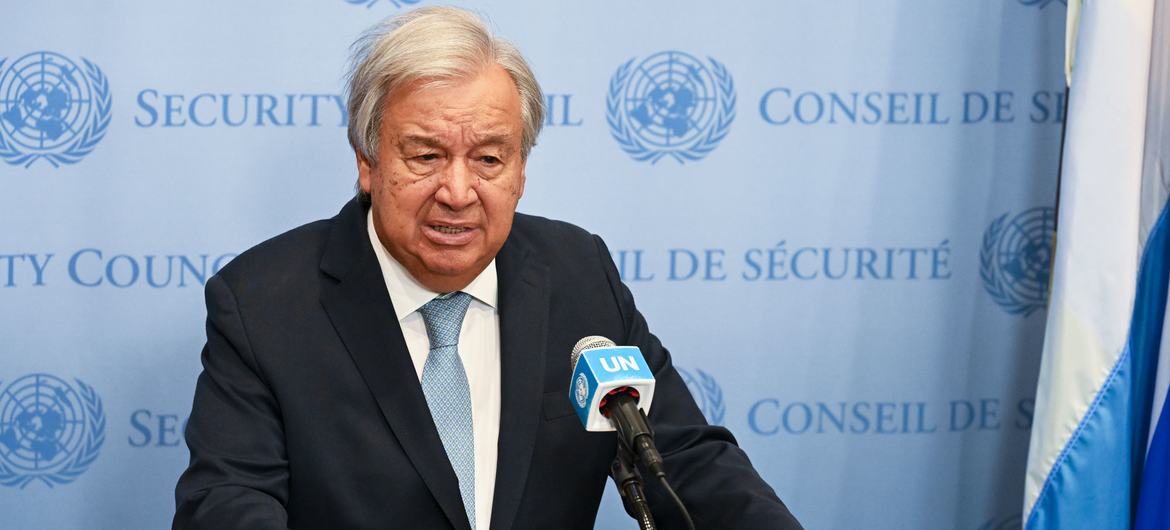Audit trail: How stadium contracts worth billions bypassed tender laws
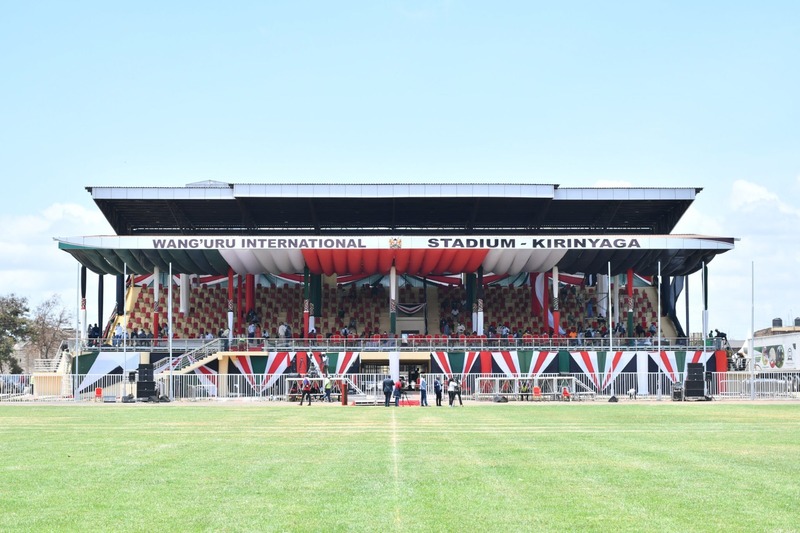
A report by the National Assembly’s Public Investment Committee has detailed how contracts worth hundreds of millions of shillings were awarded without open tendering, leading to budget increases and questions about accountability.
A parliamentary investigation has exposed widespread financial irregularities in Kenya’s stadium construction and renovation projects, sparking concerns about potential corruption and poor management within the State Department for Sports.
A report by the National Assembly’s Public Investment Committee has detailed how contracts worth hundreds of millions of shillings were awarded without open tendering, leading to budget increases and questions about accountability.
More To Read
- County expenditure share by sector (FY2023/24)
- MPs back move to amend finance law to align audit timelines with Constitution
- State agencies, counties owe Kenya Power Sh4.67 billion in unpaid bills - Auditor General
- Over 16,000 in the dark as Kenya Power struggles to procure essential meters, transformers
- MPs push for urgent funding boost for Auditor General’s office
- MPs protest delays in 37 sports academy projects
The use of direct procurement and the existence of large pending bills have put the department under scrutiny.
One of the key cases involved the Jamhuri Posta Sports Ground in Nairobi, where three contracts totalling Sh1.19 billion were awarded.
Two of these, valued at Sh581.3 million, were issued through direct procurement, going against Section 103 of the Public Procurement and Asset Disposal Act, 2015.
“The use of the direct procurement method did not meet the provisions of Section 103(2) of the Public Procurement and Asset Disposal Act, 2015. Further, the cost of the two (2) contracts for additional works exceeded the engineer’s valuations of Sh150,000,000 and Sh374,273,915,” said the Auditor General, Nancy Gathungu.
The Auditor General reported that the cost of the additional works went beyond the expected figures by Sh57 million.
A site visit in September 2023 found that the floodlights at the facility were still not connected to electricity, and no explanation had been given for the delay.
“This resulted in an increase of Sh25,000,000 and Sh32,087,272, respectively. This was contrary to the Public Procurement and Asset Disposal Regulations, 2020, which require an accounting officer to satisfy that the offer is at the prevailing real market price before use of the direct procurement method.”
The committee’s chairperson, Tindi Mwale, asked the Sports Ministry to explain how opening up the tender to multiple firms would have impacted the standardisation of the works.
Responding to the committee, Principal Secretary Elijah Mwangi on Tuesday defended the direct procurement, saying it was essential for ensuring compatibility with ongoing works.
“The actual cost for the contracts was determined after physical field visits by an evaluation committee that was made up of technical officers who determined the magnitude and quantities of the additional work that was to be undertaken by the contractor,” he said.
He also attributed the rise in costs to changes in tax rates.
“The increase in VAT from 14 per cent to 16 per cent” was among the reasons for the budget overshoots, the PS added.
In Kirinyaga County, a project to build Wang’uru Stadium by Vee Vee Enterprises Limited originally cost Sh310.5 million but ended up at Sh387 million, reflecting a 25 per cent increase.
A second contract for additional work worth Sh309.4 million was also issued without any competitive bidding.
The committee’s findings showed that the process lacked proper approvals, and the justification given by the department was the urgency to finish the stadium ahead of Mashujaa Day celebrations.
A similar case occurred in Kiambu County, where Sh1.09 billion was spent on Kirigiti Stadium.
The contract amount was raised by Sh148.7 million, again a 25 per cent increase without documented approval. An additional contract was also issued through direct procurement, with the department arguing it was important to retain the contractor who was already on the site.
By September 2023, only Phase 1 of the project had been completed, while Phase 2 was still pending.
In Kisumu, the Jomo Kenyatta Show Ground Stadium was finished in 2020 for Sh350 million. However, the facility has not been formally handed over to the State Department.
The Kisumu County government has assumed control in practice, but questions linger about ownership and responsibility for maintenance. A recent inspection found signs of vandalism and missing metal covers from the drainage system.
The committee expressed concern that the government may have spent heavily on a project that it does not officially own or manage. Chepalungu MP Victor Koech questioned why the budgets for all the projects reviewed had been inflated to the constitutional ceiling of 25 per cent.
The audit has placed the State Department for Sports under pressure to account for the decisions made and explain why proper procurement processes were not followed in multiple cases.
Top Stories Today





